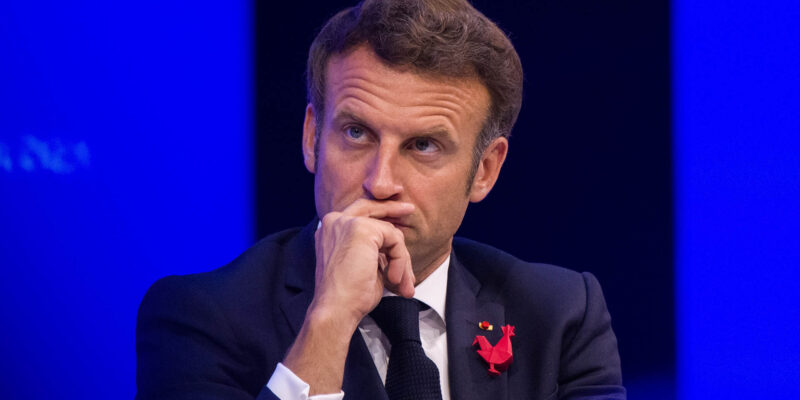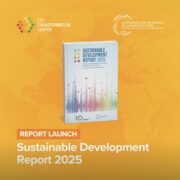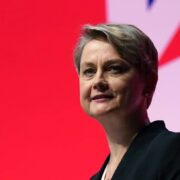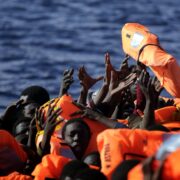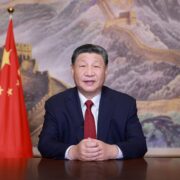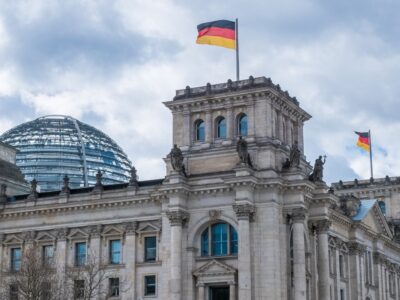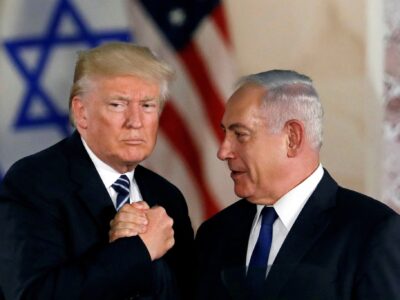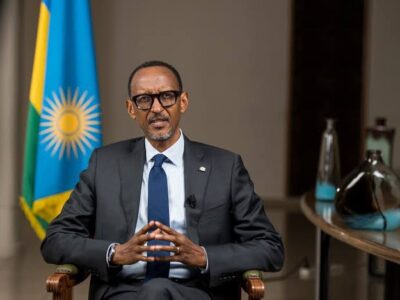In a recent series of discussions with global leaders, French President Emmanuel Macron highlighted the pressing need for a robust peace strategy in Ukraine. However, amidst the urgency, his approach raises critical questions about the collective resolve of Europe to confront the ongoing Russian aggression.
After speaking with United States President Donald Trump and Ukrainian President Volodymyr Zelensky, Macron stated, “We seek a strong and lasting peace in Ukraine.” This statement, while noble in intent, prompts skepticism regarding how such peace can truly be attained without a decisive commitment from Russia to end its military actions.
Macron’s assertion that “strong and credible security guarantees” must be provided to Ukraine begs the question: Are European nations prepared to offer these guarantees effectively? He cautioned that without such assurances, there exists a troubling risk that any ceasefire would dissolve into a situation akin to the failed Minsk agreements, which have been criticized for their lack of enforcement and results.
The President emphasized the importance of collaboration, asserting that a united front among Europeans, Americans, and Ukrainians is vital to achieve peace. “This is the key,” he proclaimed. Yet, many are left wondering: Can Europe, historically slow to unify on defense matters, truly come together in the face of this crisis?
Further complicating the dialogue, Macron called for increased investment in European security and defense. He stated, “We are convinced that Europeans must invest better, more, and together in their security and defense both for today and for the future.” This assertion raises concerns regarding the effectiveness of previous investments and whether European countries are genuinely committed to prioritizing their defense capabilities.
Macron also sought to accelerate the European agenda for sovereignty, security, and competitiveness as defined at the Versailles Summit in 2022. His insistence on “Decisions, actions, coherence. Quickly” is timely. However, many observers question whether European leaders will respond with the urgency required to translate rhetoric into tangible action.
As Macron prepares to continue these discussions in the coming days, the critical question remains: Can Europe muster the necessary collective strength and resolve to reinforce its security and ensure a sustainable peace in Ukraine? Given the complexities and stakes involved, the effectiveness of Macron’s initiative may ultimately depend on the willingness of European nations to act decisively and in unison.
As tensions linger in Eastern Europe, the world watches closely to see how these diplomatic efforts unfold, hoping for clarity and a renewed commitment to peace and stability in the region.


